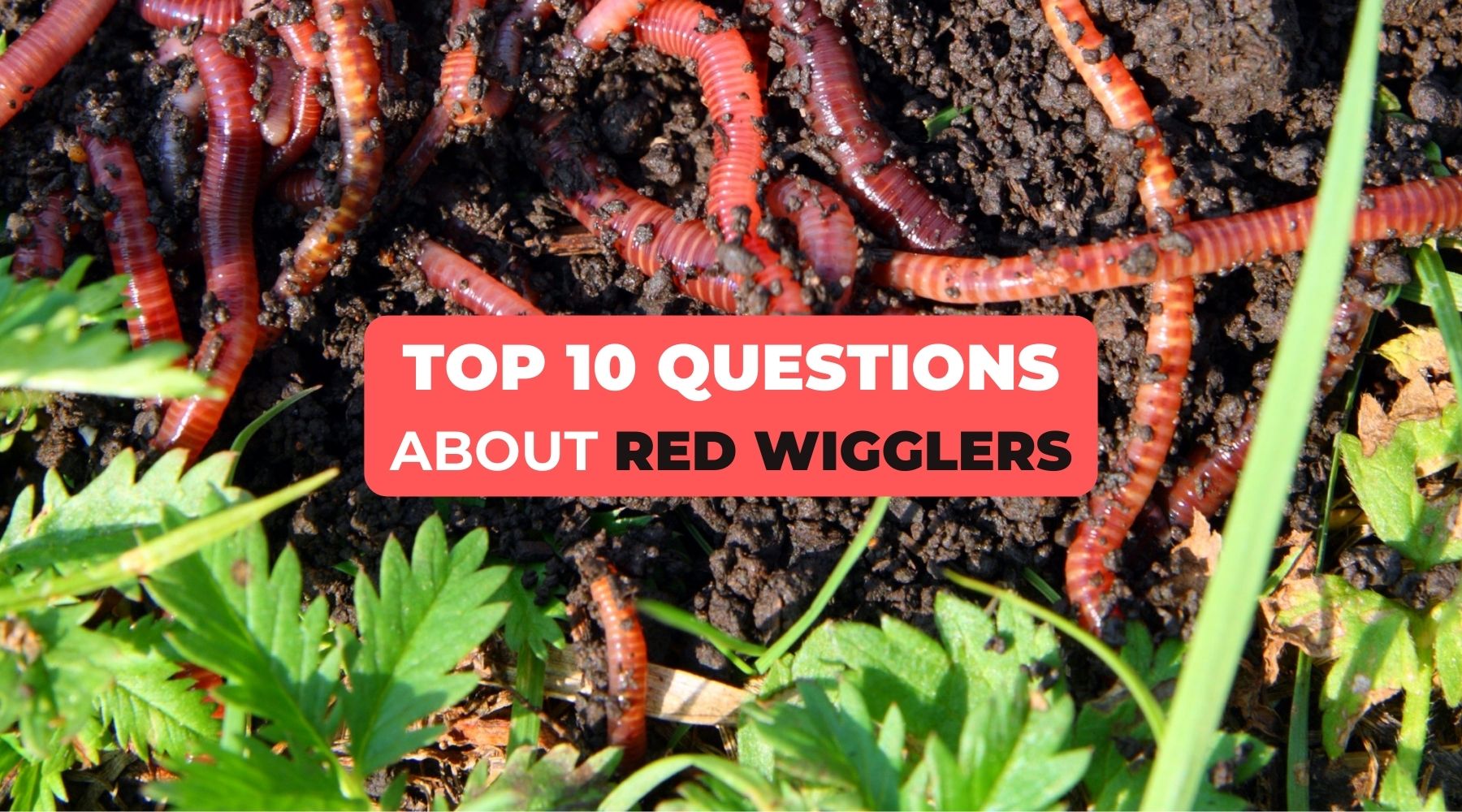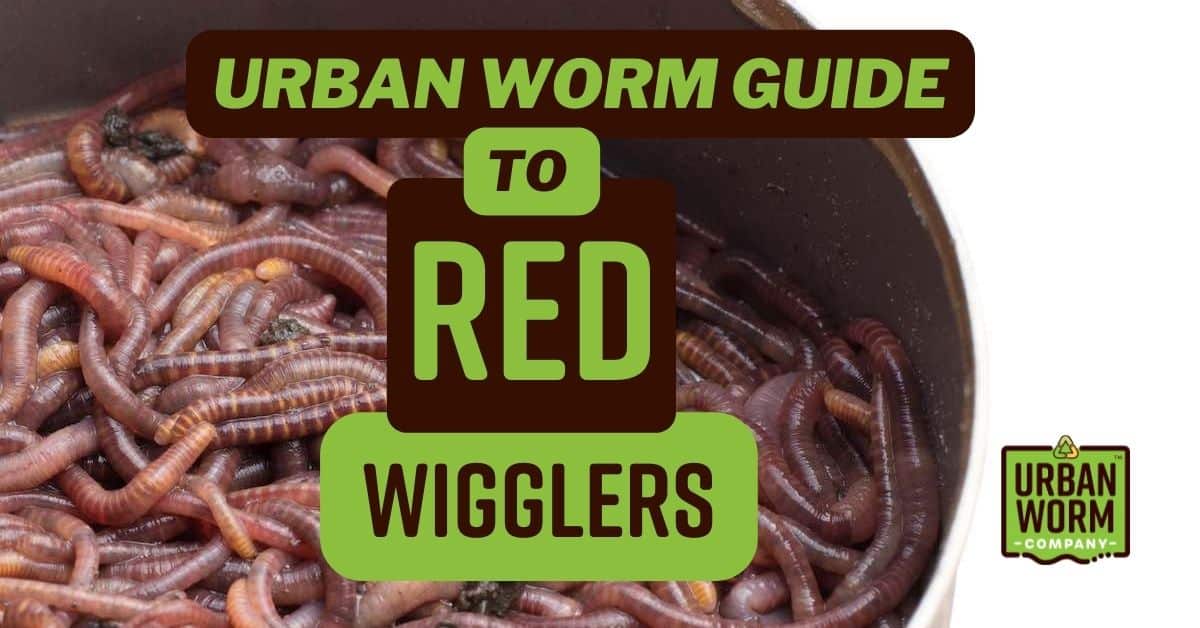The Best Guide To Red Wiggler Express
The Best Guide To Red Wiggler Express
Blog Article
Top Guidelines Of Red Wiggler Express
Table of ContentsRed Wiggler Express Can Be Fun For EveryoneRed Wiggler Express Things To Know Before You Get ThisThe Only Guide for Red Wiggler ExpressSome Known Details About Red Wiggler Express The Of Red Wiggler Express
It's safe to claim this stuff would have been wonderful to add as a to vermicomposting systems! And the growing Red Worm population? It just never ever occurred. Also in the load that was set up directly before yard composters with existing Red Worm nests. Yet these nutritionally-boosted wood chip environments are absolutely packed with Lumbricus sp.
Lots of selections, including Red Wigglers, European Nightcrawlers, and Lumbricus types were brought over from the European continent. Below's the thingNative or not - and as talented as they are at being able to endure in a wide-range of atmospheres and problems -. Simply put, they are even more likely to socialize in any kind of energetic composting systems you have set up, than they are to roam off and start ruining the environment.
Roots call for oxygen for respiration and rely upon smooth air movement within the dirt to thrive. When it rainfalls, dirt can come to be saturated with water, lowering the oxygen available and preventing nutrient absorption. To preserve an optimal balance, the soil has to allow water to drain pipes adequately, leaving adequate room for air to support root health
Top Guidelines Of Red Wiggler Express

When it concerns worms for composting, what enters your mind? If you were an earthworm dog breeder, supplier, or ordinary garden enthusiast, then you would certainly recognize that red wiggler worms are the optimal worms for vermicomposting. To read more about these planet marvels, gone through several of the red worm realities listed below.
(https://brownedgedirectory.com/gosearch.php?q=Red+Wiggler+Express)However if they extend their bodies, you'll have the ability to see the stripes on their skin. When raising worms such as red wiggler worms, you ought to have the ability to recognize just how to profit them. When you're able to maintain and care for their habitat well, and also feed them the best type of organic wastes, then they'll have the ability to create nutrient-packed and quality-rich worm castings for you (additionally recognized as worm poop or garden compost).
The smart Trick of Red Wiggler Express That Nobody is Discussing
What do worms eat? Well, these red wriggler worms can be fed with kitchen scraps and garden wastes.

This habits makes them appropriate permanently in worm containers, compost heaps, and various other confined spaces where organic waste is plentiful. Producing an ideal environment for red wigglers requires a thoughtful method. Consider the following necessary elements to take care of red wigglers in the house and guarantee their health: Utilize a bed linen of shredded paper or cardboard.

Add a handful of dry, shredded newspaper if the bin ends up being as well wet. They do! Red wiggler worms replicate by laying small, lemon-shaped eggs in protective cocoons. These cocoons are usually transferred in the bed linens and hatch into child worms within a couple of weeks. The fast reproduction cycle of red wigglers is one of the factors they are favored for vermicomposting.
Red Wiggler Express Fundamentals Explained
Their versatility and durability have actually made them a prominent choice for vermicomposting in different regions worldwide. Yes! They can survive from a variety of 32F to 90F. They are incredibly versatile animals. Take into consideration safety actions for extremely severe temperatures such as: Insulating the worm container with layers of straw or leaves.

When caring for your red wigglers it is essential to bear in mind to: 1) K.I.S.S (Keep it Simple) and 2) everything in small amounts. These rules put on feeding your compost worms, sprinkling your worm containers, and just concerning everything else associated with looking after them. Simply keep in mind - you can always include even more food later (yet it's tough to eliminate feed once it's been included in a bin!).
Because I fed the red wigglers and garden compost worms too much, they weren't able to maintain up and over time the older food went uneaten and developed anaerobic conditions that eliminated the worms. Here're the 6 gold guidelines for how often and just how much to feed your worms: Regulation # 1: Small amounts!
The smart Trick of Red Wiggler Express That Nobody is Discussing
Uneaten food will lead to anaerobic conditions that will eliminate your online worms. Policy # 6: After the first feeding, feed the worms 1/3 to 1/2 of their weight.
Report this page